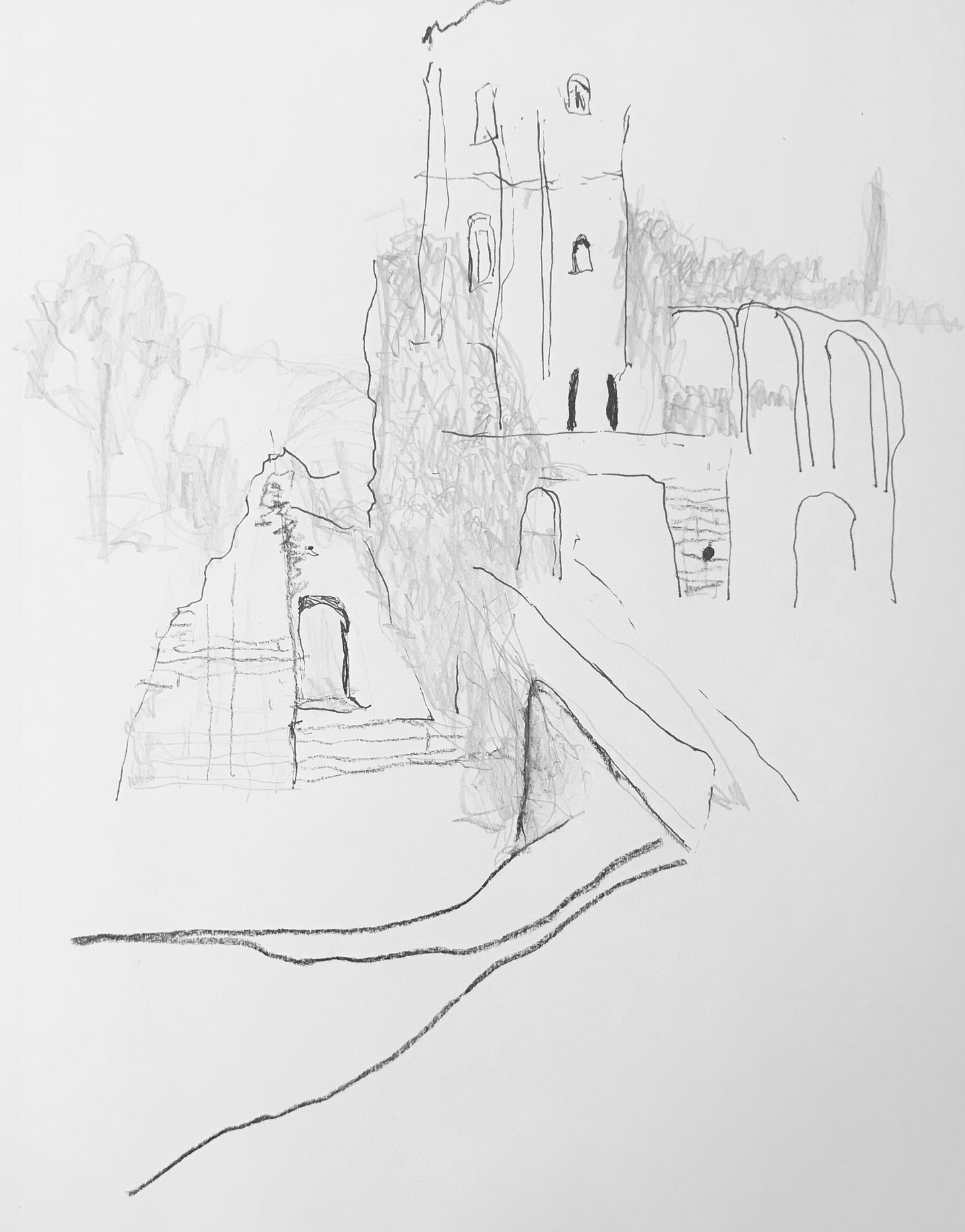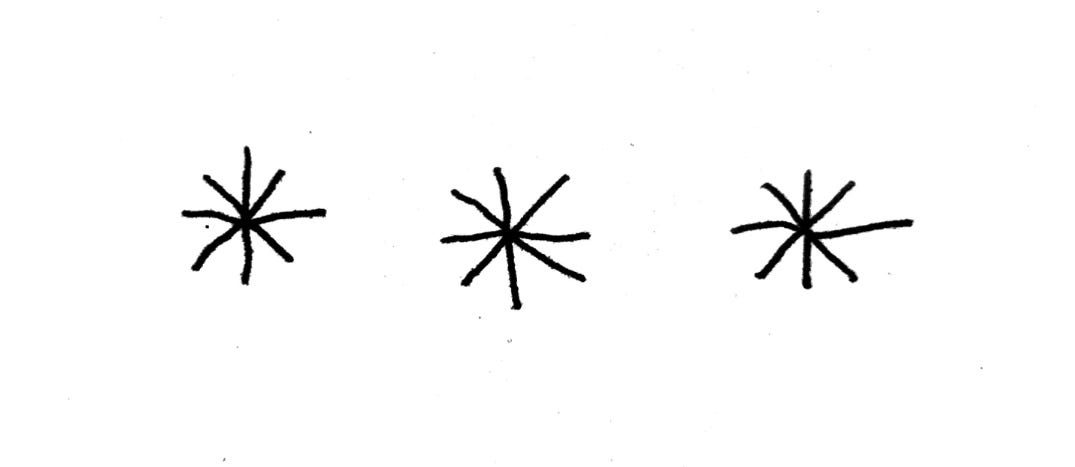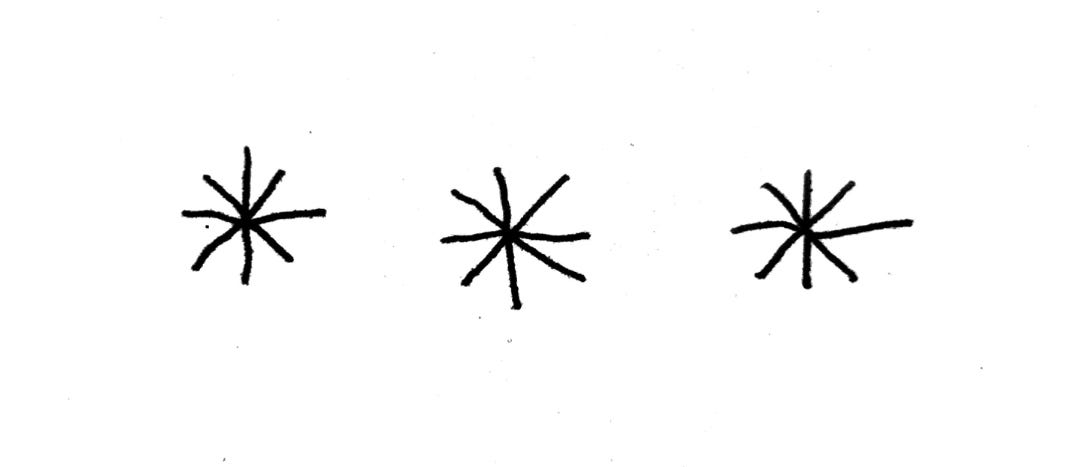Weekend Plans Canceled? How About Some Old English?
When your 11-year-old sister has a better social life than you...
The last time I wrote about translation it was clearly a smashing success. My most popular post ever. (Not!) Here I’ll treat you (four or five hard-core readers) to an original translation of the Old English poem The Ruin, which is ostensibly about the persistent chugging along of time, unsparing in its onward movement. An Anglo-Saxon looks upon the ruins of the Roman occupation—halls crafted by giants, he thinks, masonwork by superhuman hands.
Fun facts: unlike a lot of Old English poetry it has no overt Christian proselytizing message, the manuscript was accidentally burned though (hence some fragmented lines), and the original text rhymes—internally and on a slant, never a heavy-handed schematized approach. Also, Old English is not like the way Vitamin Shoppe is spelled. It’s a totally different language! Look below the text for an audio recording of me reading the first eleven lines in Old English and my whole translation.
Wondrous is this wall-stone; doom’s dole broke,
Burst the burgh-stead; work of ents withers.
Roofs are rushing down, towers in tumbles,
Rime-gates bereaved, rime on lime,
Suddenly on shards of shower-barrow,
The elders eaten under, gone asunder.
Earth gropes the wielder-workers,
Wearied and withdrawn, in the clod’s cold clutches,
Until a hundred ages of folk flit away.
Often this goat-gray, red-stained wall
Withstood under winds, weathered
Realm after realm; steep, deep it dropped.
Yet the wall-stone dwells, hewn for clouds,
Fell on
Ground grimly
She shone
Skillful early making
Ring for loam-rinds
The mind—
A plan swift in rings stiff, the keen-minded one
bound wall-braces, together wound with wondrous wires.
Bright were the burgh-halls, the many brook-houses,
High horn-treasures, great army-gang,
Many a mead-hall full of mirth,
Until that doom so strongly wends.
Slaughter fell far, woe-days came,
Soul-death fortook all battle-strong men;
Their war-stiles became waste-spaces,
Burgh-stalls wilted. Troops, tenders,
Sank into soil. Therefore the forts have festered,
and the red room, the roof of ringed-wood,
Sheds its tiles. Short-lived land falls away,
Ruptured into rubble; there once many a man
Glad-minded and gold-bright, swathed with splendors,
Gilded and wine-crazed, shone in war-gear;
I look on zinc, on silver, on cunning gems,
On riches, on wealth, on arkenstones,
On this bright burgh in a broad realm.
Stone-hovels stood, a stream hurled heat,
A wide whirl; the wall begrips all
In its bright bosom, there the baths were,
Hot to the heart. That was handy.
Then, let it pour out
Over gray stones, hot streams
Hot ring-mere
There the baths were.
Then—
That is a kingly thing.
House. Home.






